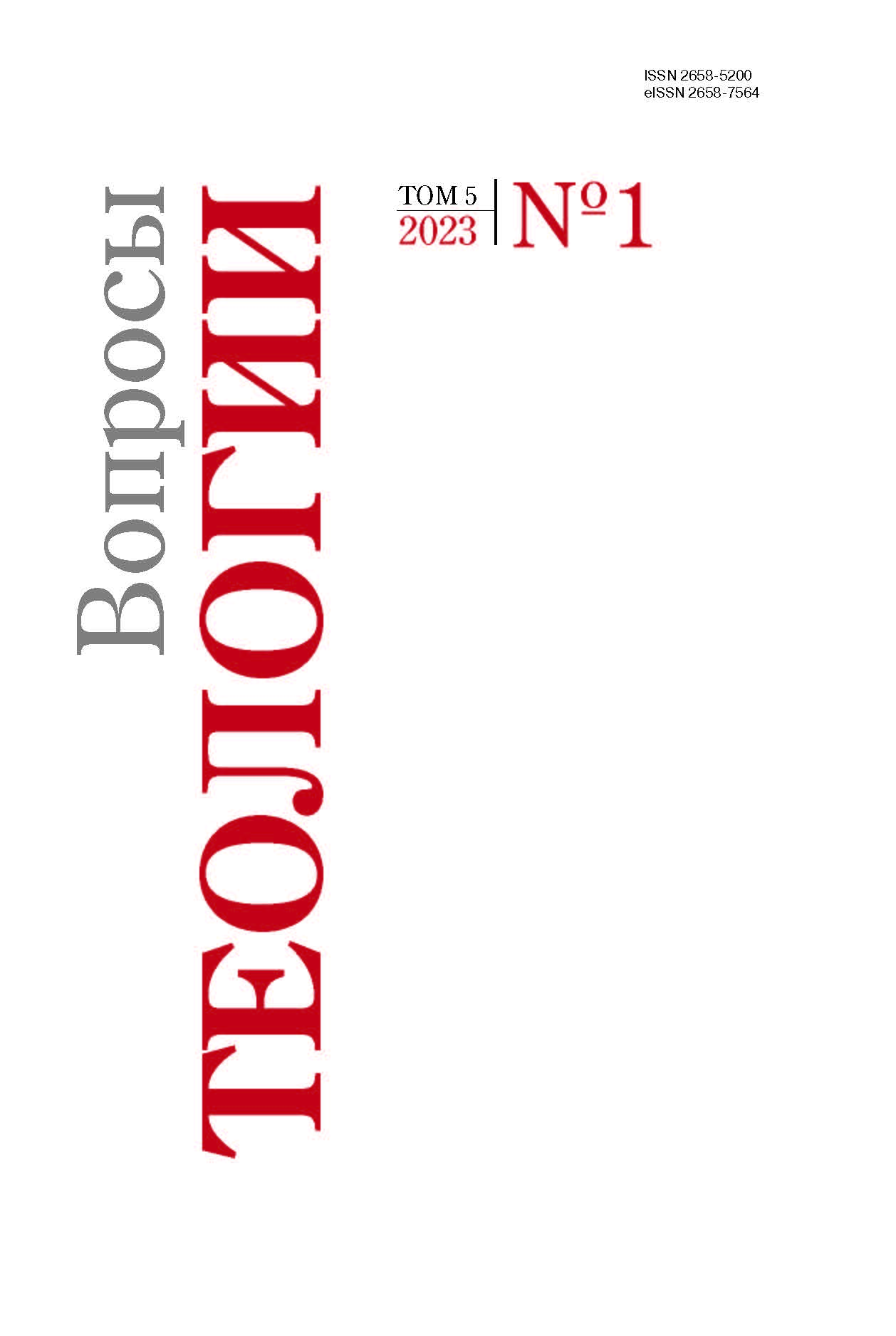Historical Jesus vs Chalcedonian definition: The problem of Christ’s ignorance
DOI:
https://doi.org/10.21638/spbu28.2023.106Abstract
Some of the sayings of Jesus show that he did not possess omniscience. But this is incompatible with the Chalcedonian definition according to which in Christ the divine and human natures are united in one person. Traditional theology has therefore concluded that Christ’s ignorance was only apparent. However, the studies of the historical Jesus proved that Christ as man did not really know the time of the end of the world and his Second Coming. Moreover, he expected these events to come in the very near future. The article shows that the arguments of scholars are so conclusive that the incompatibility of the gospel testimonies with the Chalcedonian definition can be considered a well-established fact. These results of New Testament studies fundamentally change the situation in modern Christian theology: a literal understanding of the Chalcedonian formula became now not only difficult, but impossible. However, the Chalcedonian definition is only one possible way to describe the unity of the divine and the human in Christ. Alternative ways are not only theoretically possible, but have already been proposed and actually exist in Christian theology. The final section of the article briefly describes three such ways proposed by Karl Barth, Albert Schweitzer, and Paul Tillich.
Keywords:
christology, Chalcedonian definition, Christ’s ignorance, historical Jesus, eschatological catastrophe, New Testament studies, dissimilarity test
Downloads
References
References
Downloads
Published
Issue
Section
License
Articles of "Issues of Theology" are open access distributed under the terms of the License Agreement with Saint Petersburg State University, which permits to the authors unrestricted distribution and self-archiving free of charge.




